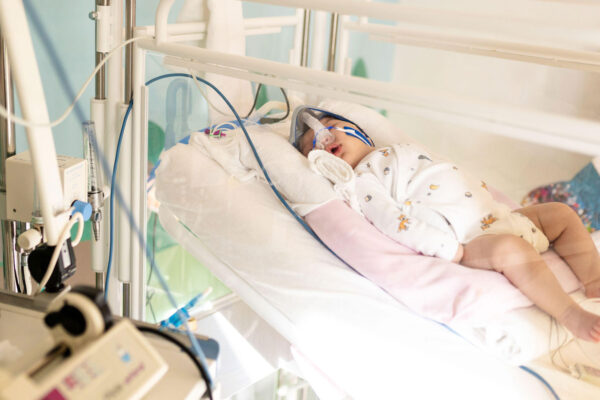
Some science seems silly, but it’s still worthwhile
The Salmon Cannon and the Levitating FrogCarly Anne YorkBasic Books, $30 What’s the purpose of your study? It’s the question many basic-science researchers dread. And it’s the question that Carly Anne York received about 10 years ago from a fellow volunteer at the Virginia Zoo. At the time, York was a Ph.D. student studying squid…










